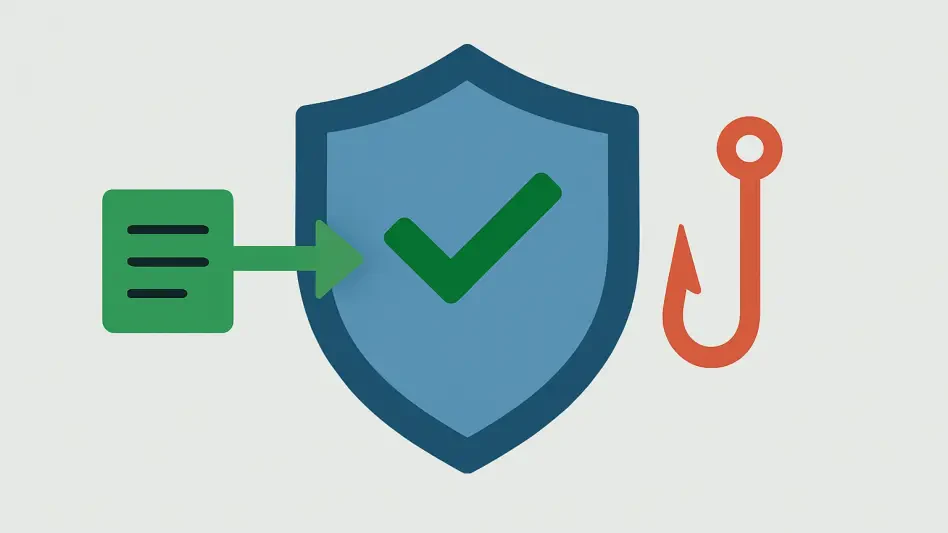In a striking revelation, the second quarter of 2025 saw a marked increase in phishing attacks targeting prominent tech, travel, and streaming service brands. Cybercriminals, leveraging the credibility of these household names, sought to deceive users into relinquishing their credentials and payment information. A standout discovery was that Microsoft emerged as the most impersonated brand, dominating a quarter of the observed phishing campaigns. This highlights an evolving trend toward attacking widely used platforms where users might be less vigilant.
Importance and Context
The resurgence of phishing attacks across sectors such as tech and travel is indicative of an adaptive threat landscape. The ease with which these scams exploit brand trust underscores a critical vulnerability in user awareness and cybersecurity infrastructure. In a hyper-connected society, where digital interactions are routine, these attacks pose a genuine threat, affecting both individual privacy and corporate databases. The study emphasizes the broader societal impact, where even major brands are grappling with the challenge of maintaining secure digital experiences amid relentless cyber threats.
Research Methodology, Findings, and Implications
Methodology
The research employed advanced data collection techniques, analyzing vast phishing datasets obtained from various security platforms. State-of-the-art tools were utilized to track and categorize the phishing campaigns, isolating those that mimicked top tech and travel brands. The study included real-time monitoring of suspicious domains, phishing URL patterns, and utilized tools like VirusTotal to authenticate potentially malicious links.
Findings
Analyzing the collected data revealed striking patterns in how these cyberattacks unfolded. Microsoft stood out, given its immense user base, with the most notable campaign instances targeting approximately one in every four cases. Companies like Spotify saw sophisticated scams, such as imitation login flows tricking users into entering sensitive information. The findings also indicated a surge in fake domains mimicking well-known travel brands like Booking.com, with scammers employing personal information to instill urgency.
Implications
The implications of the findings are multifaceted. On a practical level, businesses must elevate their cybersecurity measures, emphasizing user education to foster awareness about impending threats. Theoretically, the data contributes to evolving security frameworks that match the sophistication of modern cyber threats. Societally, it encourages a shift toward integrating more robust security features in everyday digital interactions, ensuring users and data remain protected.
Reflection and Future Directions
Reflection
Reflecting on the research reveals the evolving complexity that overshadowed certain assumptions about phishing trends, particularly in targeting both corporate giants and personal-use platforms. Challenges included the dynamic nature of phishing techniques, with cybercriminals quickly adapting to countermeasures. Overcoming these hurdles involved constant methodological updates and strategic partnerships for data sharing, enriching the study’s scope.
Future Directions
Looking forward, the research underscores the necessity for ongoing exploration of phishing tactics, especially as they integrate artificial intelligence and machine learning to enhance efficacy. Future areas of interest could involve exploring user decision-making processes in the face of phishing attempts and assessing the impact of public awareness campaigns in deterring such crimes. Additionally, identifying the narratives commonly used in phishing scams could further enhance preventive strategies.
Conclusion
The findings from this research underscore an urgent need for heightened security awareness and advanced protective measures. Phishing strategies have evolved significantly, now encompassing everyday platforms beyond traditional corporate targets. Moving forward, proactive education and innovative security solutions are imperative in addressing these challenges. By recognizing and adapting to these emerging threats, stakeholders can better secure digital landscapes, protecting users and organizations alike.








